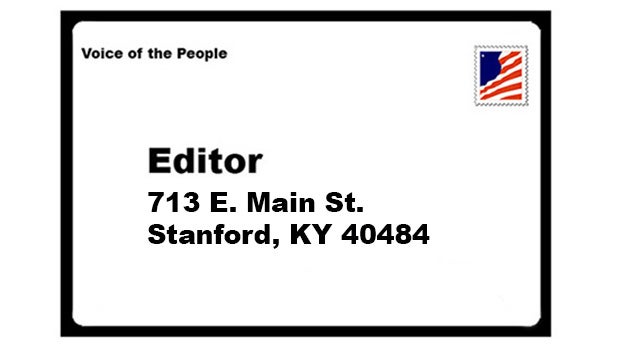Opportunity costs of pleasing unions tragically high for charter-less minorities
Published 10:53 am Thursday, April 11, 2019
By Jim Waters
Guest columnist
New York City Mayor Bill de Blasio is claiming to address income inequality by demanding the city’s elite magnet high schools trash their rigorous entrance exams and implement a racial quota system.
At the same time, de Blasio’s imposed an arbitrary cap on charter schools, which, if lifted, would result in even more poor black and Hispanic kids getting admitted to those elite high schools without lowering standards and achieving a head start on addressing the very income-inequality problem the mayor wants to tackle.
Poor minority students from the city’s well-known Success Academy network of charters are accepted to these high-performing high schools at double the rate of their peers in traditional settings.
Wouldn’t getting more poor minority children an elite education rather than lowering the bar and denying new charters be the preferred way of achieving greater equality for largely disadvantaged students?
Yes, but it’s not how twisted minds of teachers’-union bosses and their political lackeys work.
Eva Moskowitz, Success Academy’s founder and CEO, recently wrote in the New York Post that 79,600 families last year vied for fewer than 27,000 seats in the city’s charter schools, “leaving 52,000 kids on waiting lists.”
Moskowitz has tried for several years to co-locate three new charters in empty public-school space – an approach that’s previously yielded tremendous results from collaborative efforts between the traditional and charter schools’ staff members and students in both schools.
De Blasio denies her requests, meaning, as she writes, “instead of three new high-quality schools (an added 1,500 seats) the city continues to hoard half-empty buildings.”
If the mayor’s denials were based on sincere questions about charter schools’ effectiveness and he was open to genuine debate, the dynamics would be different.
Instead, it’s about a political cocktail made partly of power, partly of fear, a grab for complete control and even retribution.
Moskowitz, while chair of the New York City Council’s education committee, held a heavily covered multi-day hearing 16 years ago in which she and other witnesses exposed how union contracts imposed inane work rules on public schools and made it nearly impossible for principals to fire bad teachers.
Unions never forgave her and worked overtime to defeat her in the next election.
De Blasio demonstrates his insecurity regarding teachers’ unions by doing all he can to please them – including insisting during his 2013 mayoral campaign that Moskowitz “has to stop being tolerated, enabled, supported” – and undermining her plans for new schools.
A similar environment has created a charter-school funk in Kentucky.
Ironically, during the 2017 legislative session, the state House – under Republican control for the first time in nearly a century – passed long-fought-for bills but then abruptly deflated when it came to charter schools.
GOP leaders obstinately refused to vote on a bill that would have made Kentucky one of the nation’s strongest charter-school states, instead caving to union threats that supporting truly effective legislation would result in all-out political war in the next election.
No charter schools have started here more than two years later because the impotent law that eventually passed provided no funding mechanism for them and was generally so watered down it could have ended up floating down the Kentucky River and made just as much difference.
It’s not because lawmakers don’t know that charters are effectively closing gaps and catching many poor, minority students in danger of falling through the cracks in traditional schools.
Rather, too many politicians care more about the next election than the next generation.
Kentucky students who by now could have been leaving failing schools behind and entering high-performing charters are being denied opportunities that won’t come their way again, thanks to antagonists who talk of closing gaps and ending disparities while remaining the biggest obstacles toward the only public-education policy that’s ever done just that.
Jim Waters is president and CEO of the Bluegrass Institute for Public Policy Solutions, Kentucky’s free-market think tank. He can be reached at jwaters@freedomkentucky.com and @bipps on Twitter.




